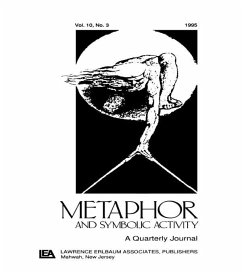
Language Demography (eBook, ePUB)

PAYBACK Punkte
0 °P sammeln!
Language Demography presents, exemplifies, and develops linguistic concepts involved in demography and the demographic concepts involved in sociolinguistics.The first introductory guide of its kind, it is presented in a way that is accessible to non-specialists. The book includes numerous examples of the sources and types of data used in this field, as well as the various factors affecting language demography. Taking a global perspective supported by examples, it gives explanations of how demolinguistic analyses are performed and their main applications in relation to minority and majority lan...
Language Demography presents, exemplifies, and develops linguistic concepts involved in demography and the demographic concepts involved in sociolinguistics.
The first introductory guide of its kind, it is presented in a way that is accessible to non-specialists. The book includes numerous examples of the sources and types of data used in this field, as well as the various factors affecting language demography. Taking a global perspective supported by examples, it gives explanations of how demolinguistic analyses are performed and their main applications in relation to minority and majority languages.
Language Demography will be of interest to students from a range of disciplinary backgrounds, from linguistics and modern languages to sociology, anthropology, and human geography.
The Open Access version of this book, available at http://www.taylorfrancis.com, has been made available under a Creative Commons CC BY 4.0 license.
The first introductory guide of its kind, it is presented in a way that is accessible to non-specialists. The book includes numerous examples of the sources and types of data used in this field, as well as the various factors affecting language demography. Taking a global perspective supported by examples, it gives explanations of how demolinguistic analyses are performed and their main applications in relation to minority and majority languages.
Language Demography will be of interest to students from a range of disciplinary backgrounds, from linguistics and modern languages to sociology, anthropology, and human geography.
The Open Access version of this book, available at http://www.taylorfrancis.com, has been made available under a Creative Commons CC BY 4.0 license.
Dieser Download kann aus rechtlichen Gründen nur mit Rechnungsadresse in A, B, BG, CY, CZ, D, DK, EW, E, FIN, F, GR, HR, H, IRL, I, LT, L, LR, M, NL, PL, P, R, S, SLO, SK ausgeliefert werden.













